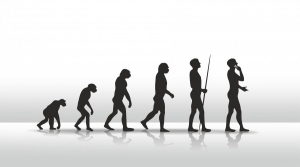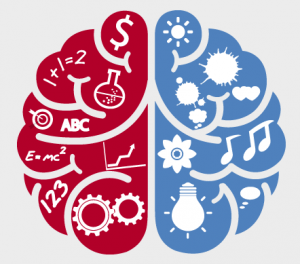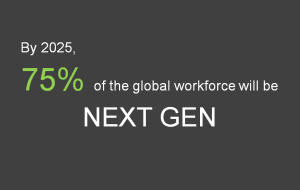A lot is being written about robotics and the impact on the workplace, as well as the form and structure of tomorrow’s workforce.
I think we are all in agreement that technology is increasing the pace of innovation and forcing us to think differently: be more customer centric, open via multiple channels to customers, and collaborate more and differently. But what underpins this is that it is always people that companies need to drive that change – exceptional, creative people.
However placing an even greater responsibility on people means the pendulum can quickly swing from people as our greatest asset to our biggest problem. My Pearson colleague Andy Stockinger, Manager of our Product Strategy Team and I presented this at the eATP conference last week. Technology is impacting how we work and disrupting old ways of doing business, so people have to change too, but you can’t simply retrain staff – an organisation needs to think and operate differently, with an entirely new attitude.
With that comes changes to how people learn and how we assess their suitability for the job. We will need to understand how technology has changed their role day to day, and figure out how to reach them accordingly, most likely introducing learning as part of their daily work, integrating training-module updates at more regular intervals and in smaller bite-sized pieces; and then testing and assessment will follow suit, quite possibly taking place live in the workplace.
Finally, let me add: Gen Z, iGen, Next Gen or however we label them, ultimately want the same thing as other generations such as Millenials and Boomers before them, namely job satisfaction, decent pay and career development.







 I read an interesting story recently of a company that dismissed a very competent technician because he lacked the soft skills that was in keeping with their twenty-first century thinking. I delved deeper.
I read an interesting story recently of a company that dismissed a very competent technician because he lacked the soft skills that was in keeping with their twenty-first century thinking. I delved deeper.
